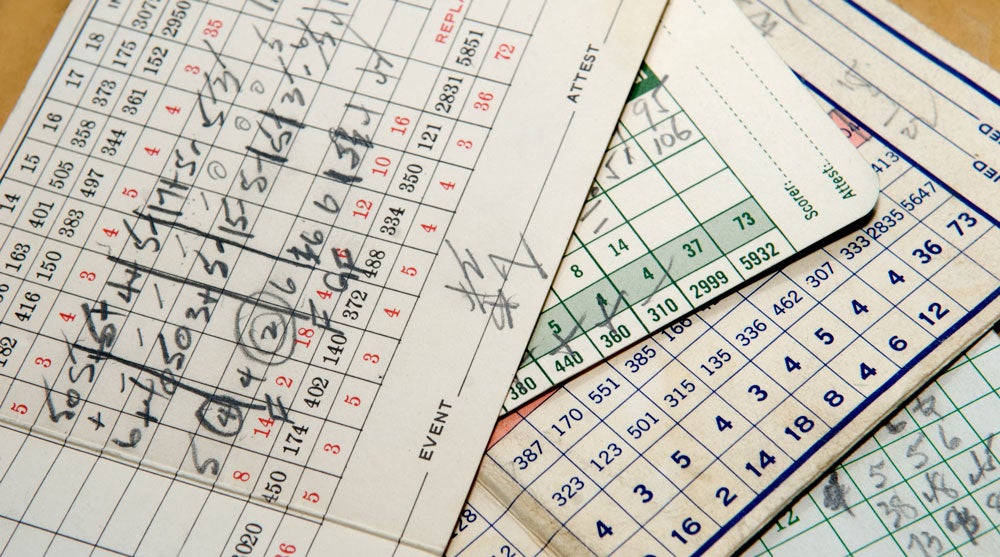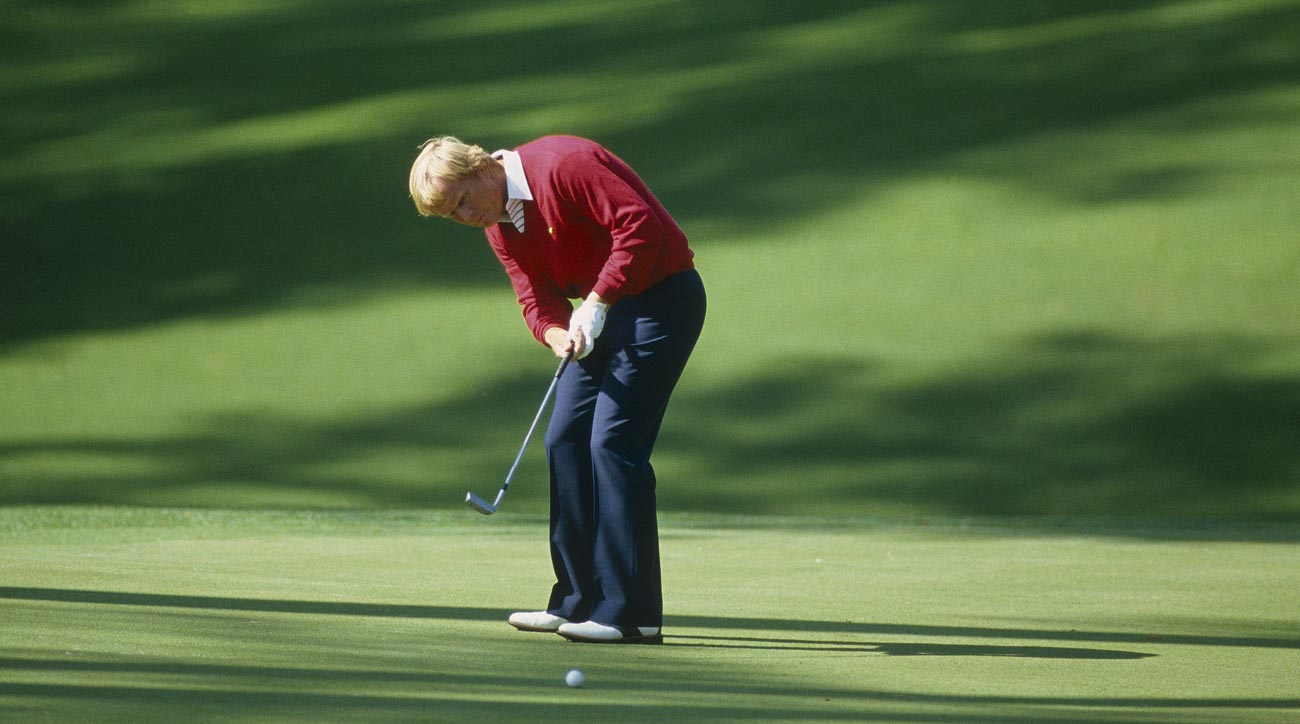 Golf’s worst-kept secret taking shape in the Carolina Sandhills
Golf’s worst-kept secret taking shape in the Carolina Sandhills
The perfect golf betting game for your over-aggressive playing partner

Perhaps you’re among the chosen few who’ve managed to stick to their New Year’s resolution of going to the gym more. For weeks now, you’ve been working out, lifting weights and bulking up. In your health-driven fury, it’s possible you haven’t even thought about the impact your newfound muscle could have on your golf game.
Or maybe, you’re the guy in the foursome who always seems to swing a little bit harder than you need to. You’re constantly blasting balls over the green or smashing putts past the hole, no matter how hard you try to club down.
It doesn’t matter the reason. If you’re someone who always seems to hit a little bit longer, we’ve got the perfect game for you—Short.
The Big Picture
Short doesn’t reward players for hitting long so much as it punishes players who don’t. The game is predicated on doing one of two things: 1) making par or better or 2) hitting your shots past (or into) the hole. That’s it. As long as you manage to do one of those two things, you’ll find yourself in great position to win the game (and make a few bucks doing it). The game is point-based, with overall totals at the end of your round typically correlating to a dollar value, but more on that later.
The Rules
1) Pick Your Distance
Short doesn’t begin off the tee but rather once a predetermined yardage number has been selected based off a player’s overall ability. Before the round begins, the foursome agrees on a set distance to trigger the beginning of the game for each player.
For example, a single-digit handicap might be given a starting distance of 175 yards by the remainder of the foursome, while a 10-handicap would receive a starting distance of 150 yards, and a 20-handicap a distance of 125 yards. Once each player reaches that distance from the hole, their game begins.
ADVERTISEMENT
2) Tee shots are (mostly) irrelevant
When you’re playing short, everything that happens between the tee and your allotted distance is irrelevant. Hit two consecutive tee shots on a par-5 into the water? You won’t be punished. But once the game begins, all bets are off.
Let’s take our 10-handicap, we’ll call him Joe. Joe tees off out of bounds on the first hole, a par-4, while the rest of his foursome finds the fairway. On his second tee shot, Joe finds the fairway and has only 125 yards left to the pin. His game begins on his fourth shot (since he’s within his “Short” distance of 150 yards), while the rest of his teammates begin the game on their second shot. Normally, Joe would almost certainly lose money on the hole for his errant tee shot, but in Short, Joe and his buddies haven’t begun their game until they hit their approaches.
3) Scoring
Short’s scoring is remarkably simple. Once each player has reached their target distance, the game begins. From there, each player hits their approach into the hole. If for any reason, their shot does not go past (or into) the hole, they are administered a point. For every successive shot in which they do not hit it past the hole or finish the hole, they are given one more point.
If Joe chunks his wedge, while the rest of his buddies all pure their approaches to five feet past the hole, Joe picks up a point, while the rest of his friends do not.
4) Absolution
While playing Short, you may be absolved of your lay-ups (or any other shots short of the hole) by scoring par or better. In other words, any points accumulated on a hole that ends in a score of par or better do not count.
5) Money
The goal of Short is to finish your round with the fewest amount of points in your foursome. Some play the game that the highest point-scorer has to buy the rest drinks, but we recommend playing for $1 per point. There’s nothing that stokes the fire of aggression in your lag-putting friends quite like seeing their wallets grow lighter by the minute.
Why you should play
Short is a game for the uber aggressive (or those looking to walk in the shoes of the uber aggressive). The sliding scale of starting distance for each player makes it equally as fun to play with golfers of varying skill levels as it does for groups with identical handicaps. Next time you and your buddies are feeling a penchant for going long, do yourselves a favor and play Short.
A special thanks to Wayne Gish of Tacoma, WA for this week’s golf game. Do you have an awesome golf game you want to see highlighted by us? Send your suggestions to james_colgan@golf.com.
To receive GOLF’s all-new newsletters, subscribe for free here.
ADVERTISEMENT








